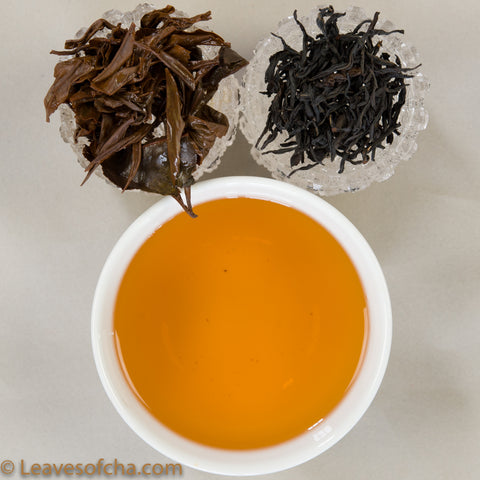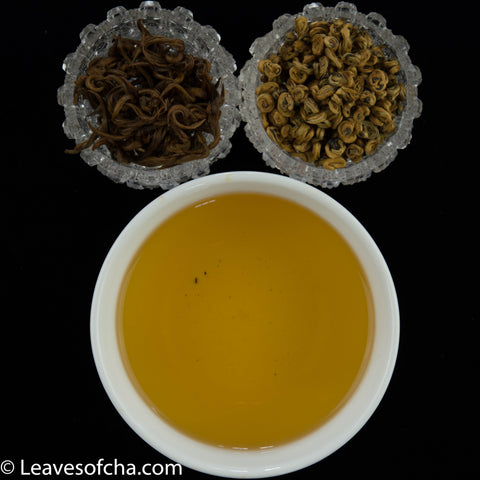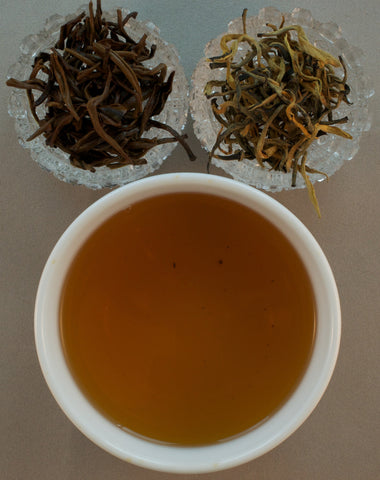Setoya Momiji
$ 8.00
is on back order
Japan is renowned for their high-quality and delicious green teas. Black tea, on the other hand, is fairly uncommon. This one was inspired by Ayumi Kinezuka’s visits to Sri Lanka. But instead of the robust maltiness she tasted in the teas typically made there, her tea is crafted to be a smooth, drinkable, and essentially Japanese.
This unique tea is from the small, completely organic Kinezuka farm in Shizuoka. Their natural growing practices are an anomaly in the midst of Japan’s typically heavy use of chemicals in their industrialized tea industry
Provenance:
- Origin: Nakayama Village in Fujieda, Shizuoka, Japan
- Grower/Teamaster: Kinezuka Family/Ayumi Kinezuka
- Elevation: 350m (1150ft)
- Harvest Date: Spring 2018
- Cultivar: Yabukita
- Cultivation: Natural (Organic, no cert.) Toshiaki Kinezuka started farming with all-natural methods back in 1976, so the farm has been grown with organic practices for 38 years.
- Processing Notes: Fully oxidized tea using the same cultivar used widely for sencha and gyokuro
- Nickname: Setoya Red Maple
Brewing Suggestions1:
- Water: 195˚-205˚F
- Tea: 2g per 4oz of water (about a level ½ TB2)
- Infusion: 1-2 minutes single infusion
Tasting Notes:
- Smooth and sweet with almost no bitterness. Earthy, mild flavors with hints of savory, marine, and vegetal notes.
1 Brewing suggestions are just that. Try it the suggested way then experiment. In this case I suggest first experimenting with temperature: 195˚ gives a soft, smooth profile with sweeter notes while 205˚ is more robust and full-bodied. You could also experiment with the amount of tea. Some tea drinkers like to use slightly hotter and longer times for each subsequent infusion.
2 Weighing your tea is always the best way to control your dosage. I provide approximate volume measures for convenience but they can be problematic due to the variance in tea leaf shape and size. It’s best to use the single appropriate volume measure for the tea, i.e., don’t try to measure 1.5TB using two spoons meant to measure 1 TB and a ½ TB. Use an actual 1.5 TB measuring spoon. (Yes, they make them!) I like the oblong ones to handle longer leaf styles.









